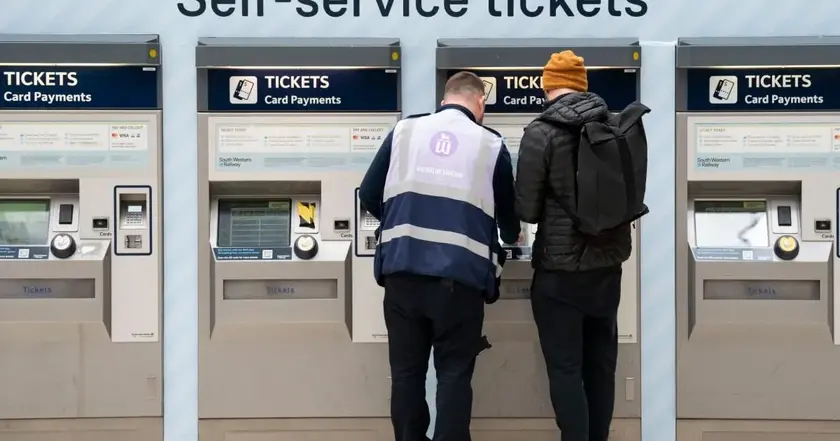T4K3.news
Inflation rises in July
Official data show inflation picking up in July, with transport costs driving the rise and rail fares likely to increase next year.

Official data show inflation picking up in July, with transport costs lifting prices and signaling higher rail fares next year.
Inflation Surges as Summer Travel Pushes Air Fares Higher
UK inflation rose faster than expected in July, reaching 3.8% and marking the highest level in 18 months. The rise was driven by higher transport costs, fuel, and food, with air fares tied to the school holidays and summer travel. The ONS said the Retail Prices Index, used to set rail fare increases, stood at 4.8% and suggests regulated train tickets could rise by about 5.8% next year depending on how the government calculates the increase. Core inflation, which excludes volatile items, climbed to 3.8%, complicating the case for any near-term rate cuts. Economists expect energy bills to stay elevated, while some household items like coffee and meat posted notable price increases.
On financial markets, traders indicated a subdued path for interest rates this year. Bank of England watchers noted that a rate cut remains uncertain, with different forecasters offering mixed timing. The data fed into the political debate as Chancellor Rachel Reeves said the government has taken steps to stabilise public finances but there is more work to ease the cost of living, while opposition critics argued that policy choices are adding to the inflationary pressure.
Key Takeaways
"We have taken the decisions needed to stabilise the public finances"
Chancellor Reeves on fiscal stability
"Labour's choices to tax jobs and ramp up borrowing are pushing up costs"
Stride criticizing Labour's fiscal plans
"Core inflation rose to 3.8 percent"
ONS data on price pressures
"Train tickets could go up 5.8 percent next year"
Rail fare planning
The July numbers underscore a stubborn price pressure that stays in households’ lives, driven by transport and energy costs. This creates a delicate balancing act for policymakers who must curb inflation without choking growth. The rise in core inflation signals that price pressures are broadening beyond food and energy, limiting the room for rapid policy easing. Politically, the data become a flashpoint in a wider struggle over how to fund public services and stimulate the economy, with rivals using the figures to argue for or against tax and borrowing changes. In short, the inflation path remains a central, contentious issue for both markets and policymakers while households feel each uptick in the price of daily goods and travel.
Highlights
- Prices stay higher even as summer ends
- Commuters face rising costs with next year’s fares
- Policy makers must balance relief with fiscal stability
- Markets crave clarity on the next move
Political sensitivity around inflation data
The July inflation figures intersect with budget decisions and upcoming policy measures, risking public backlash and political controversy. The figures may influence voters and market sentiment ahead of key policy events.
Policy choices will keep shaping everyday life as prices stay in the spotlight
Enjoyed this? Let your friends know!
Related News
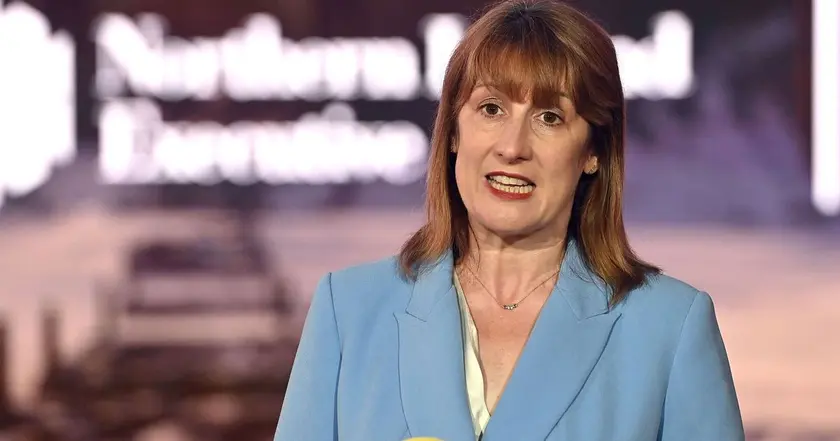
UK inflation climbs toward 3.7 percent in July
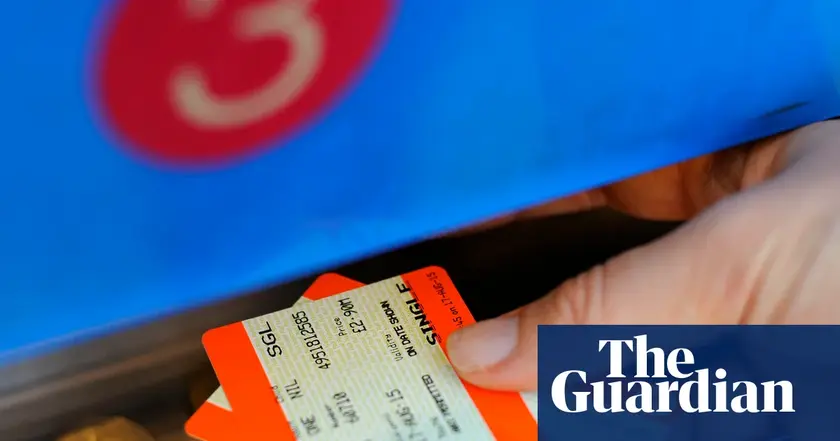
Rail fares could rise up to 5.6% next year
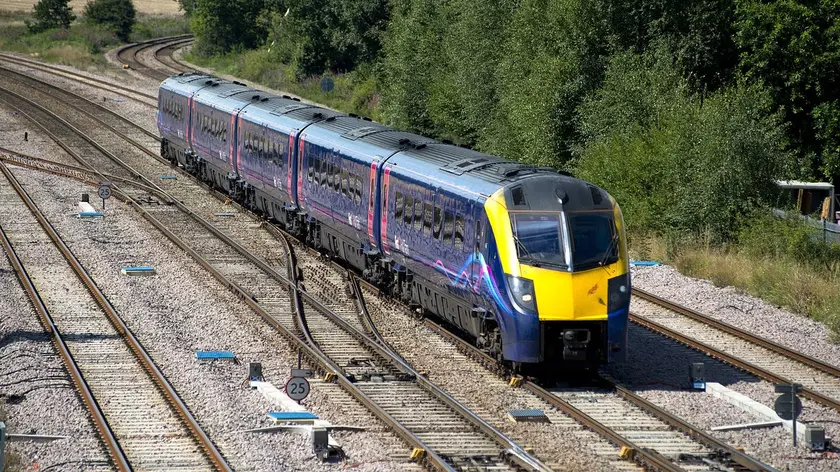
Rail fares could rise next year
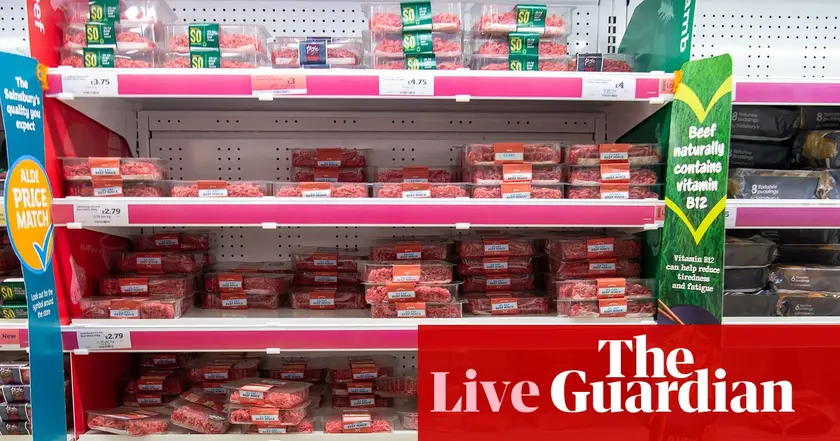
Rail fares set to rise 5.8 percent
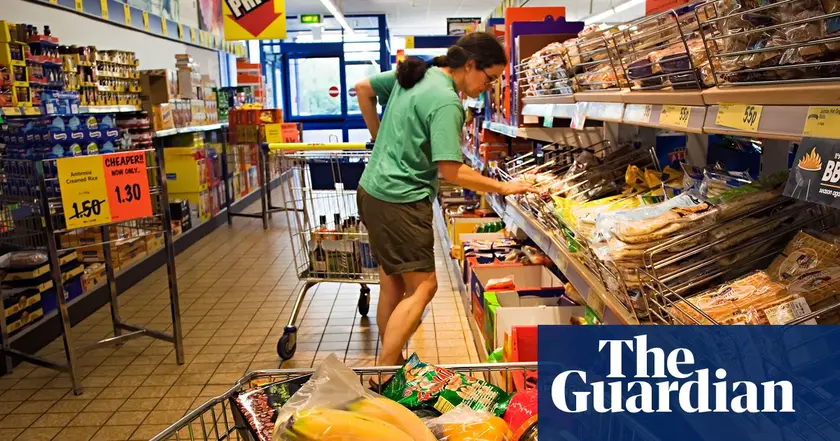
UK inflation at 3.8% in July
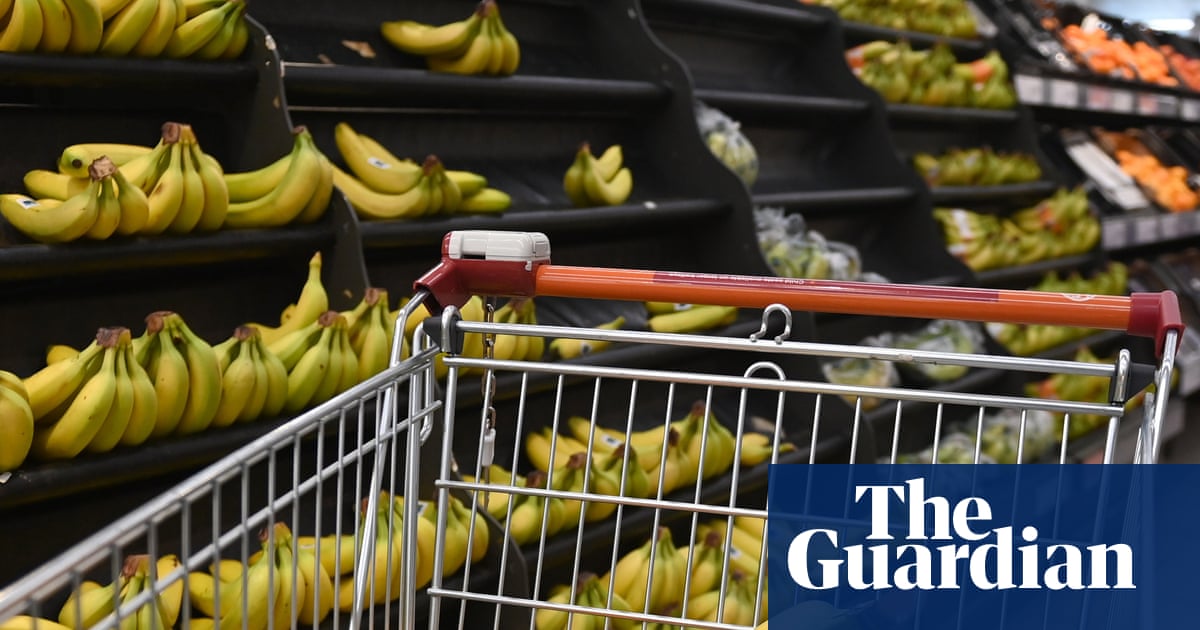
July food prices rise 4%, impacting retail

Food prices rise again in July

Food prices rise amid tariffs
